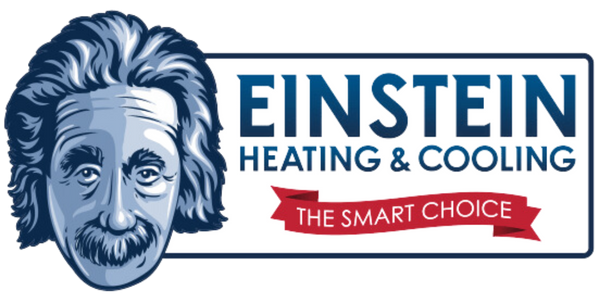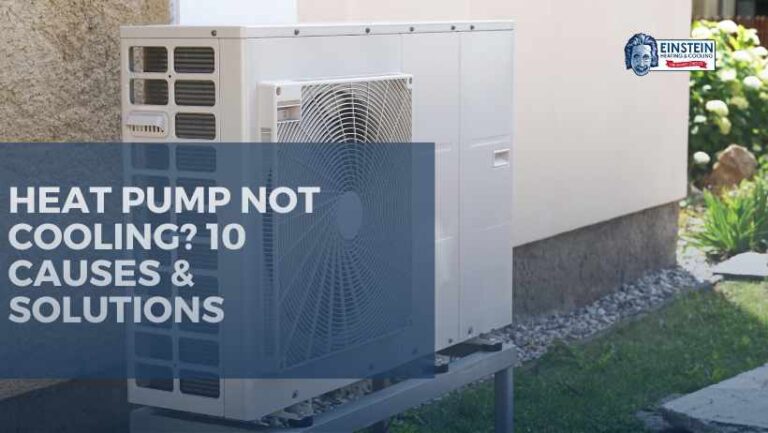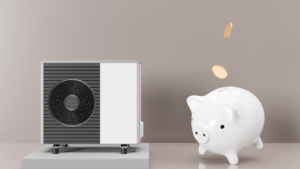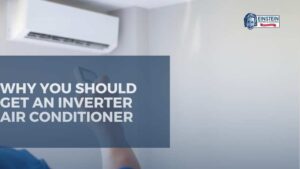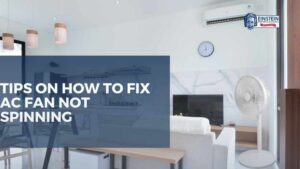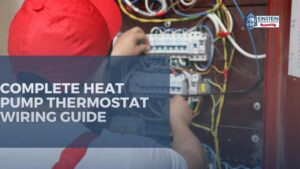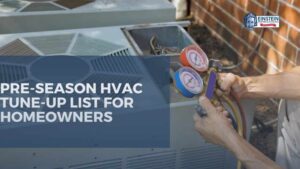A heat pump is an integral part of your HVAC system, serving the dual purpose of heating and cooling your home. However, when it fails to cool effectively, it can be a cause for concern. In this comprehensive guide, we’ll delve into various factors that may lead to a heat pump not cooling as expected. Understanding these issues can help you troubleshoot and address the problem promptly.
1. Insufficient Refrigerant Levels
Refrigerant Leak
One common reason for a heat pump not cooling is a refrigerant leak. Insufficient refrigerant levels hinder the heat exchange process, reducing the system’s cooling efficiency.
- Detecting Leaks: Look for oily spots around the refrigerant lines or listen for a hissing sound, which may indicate a leak.
- Professional Intervention: It’s crucial to engage a certified HVAC technician to identify and fix refrigerant leaks. Attempting to handle refrigerant without proper training can be hazardous.
2. Faulty Compressor
Compressor Issues
The compressor is the heart of the heat pump, responsible for pumping refrigerant through the system. A malfunctioning compressor can lead to poor cooling performance.
- Unusual Noises: If you hear unusual noises like clanking or grinding, it may signal compressor problems.
- Professional Inspection: A qualified technician should inspect and, if necessary, replace a faulty compressor.
3. Inadequate Airflow
Dirty Air Filters
Restricted airflow due to dirty or clogged air filters can significantly impact the heat pump’s cooling efficiency.
- Regular Heat Pump Maintenance: Replace or clean air filters regularly, typically every one to three months, to ensure optimal performance.
Blocked Vents and Registers
Blocked vents or registers impede the flow of air, hindering the cooling process. Check for any obstructions that might be limiting the airflow.
- Furniture Placement: Ensure that furniture or other objects are not blocking vents and registers.
- Cleaning: Regularly clean vents and registers to prevent dust and debris buildup.
4. Electrical Issues
Faulty Capacitors
Capacitors store electrical energy and help start the compressor and fan. When capacitors fail, the heat pump may struggle to cool effectively.
- Signs of Failure: If you notice frequent system cycling or the outdoor unit not starting, it could be a capacitor issue.
- Professional Replacement: Capacitor replacement should be done by a qualified technician.
Thermostat Problems
Incorrect thermostat settings or a malfunctioning thermostat can lead to cooling issues.
- Checking Settings: Ensure that the thermostat is set to the desired cooling temperature.
- Calibration: If the thermostat is inaccurate, recalibrate it or replace it if necessary.
5. Refrigerant Issues
Incorrect Refrigerant Charge
An incorrect refrigerant charge can result in poor cooling performance. It is essential to have the right amount of refrigerant for the heat pump to function optimally.
- Professional Assessment: Only certified technicians should handle refrigerant-related adjustments, including checking and correcting the refrigerant charge.
6. Dirty or Blocked Coils
Evaporator and Condenser Coils
Dirty or blocked coils can hinder heat exchange, reducing the heat pump’s efficiency.
- Regular Cleaning: Schedule routine HVAC maintenance to clean both the evaporator and condenser coils.
- Outdoor Unit Clearance: Ensure there is ample clearance around the outdoor unit to allow for proper airflow.
7. Outdoor Unit Issues
Overheating
An overheated outdoor unit can lead to the heat pump not cooling as it should.
- Check for Debris: Remove any debris around the outdoor unit and ensure proper ventilation.
- Professional Inspection: If the unit continues to overheat, seek professional assistance to diagnose and address the issue.
8. System Age and Wear
Aging Components
Over time, wear and tear can impact the efficiency of various components within the heat pump system.
- Regular Maintenance: Implement a routine maintenance schedule to address wear and tear issues promptly.
- Consider Replacement: If the heat pump is significantly aged and consistently underperforms, it might be more economical to replace the system.
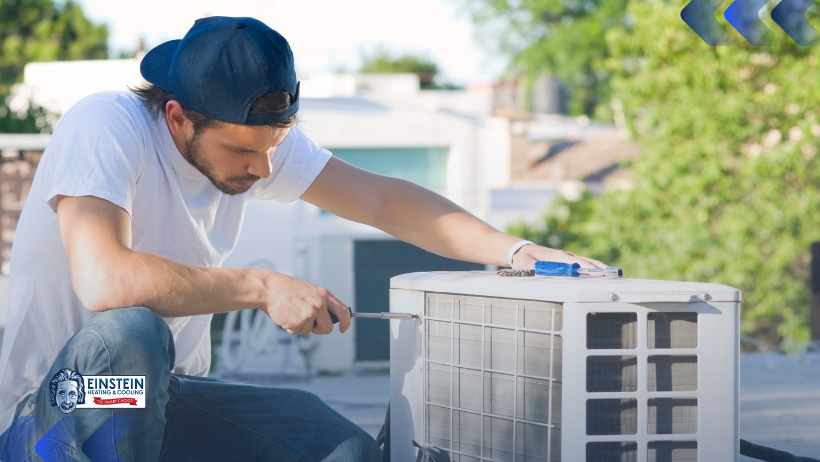
9. Incorrect Sizing
Undersized Heat Pump
If the heat pump is undersized for the space it needs to cool, it may struggle to maintain the desired temperature.
- Professional Assessment: Consult with an HVAC professional to determine if the heat pump is appropriately sized for your home.
- Consider Replacement: If the heat pump is too small, upgrading to a larger unit may be necessary.
10. Environmental Factors
Extreme Weather Conditions
Extreme temperatures, whether excessively high or low, can strain the heat pump and affect its ability to cool your home effectively.
- Insulation Check: Ensure your home is adequately insulated to minimize the impact of external temperatures on the heat pump’s efficiency.
- Thermostat Adjustments: During extreme weather, consider adjusting your thermostat settings to reduce the workload on the heat pump.
11. Air Duct Issues
Leaky Ducts
Leaky or poorly insulated air ducts can result in cooled air escaping before reaching the intended areas of your home.
- Duct Inspection: Periodically inspect the air ducts for leaks, and seal any gaps or holes found.
- Professional Duct Cleaning: Hire a professional HVAC technician to clean and maintain the ductwork to ensure optimal airflow.
12. Software and Firmware Updates
Outdated System Software
While it might not be the first thing that comes to mind, outdated software or firmware can impact the heat pump’s performance.
- Manufacturer Updates: Check with the heat pump manufacturer for any available software or firmware updates.
- Professional Assistance: Seek professional help to ensure proper installation of updates without causing system malfunctions.
13. Faulty Expansion Valve
Expansion Valve Malfunction
The expansion valve regulates the flow of refrigerant through the system. If it fails, it can lead to improper cooling.
- Symptoms: Pay attention to signs like inadequate cooling, uneven temperature distribution, or ice buildup on the evaporator coil.
- Expert Diagnosis: Consult with an HVAC professional to diagnose and replace a faulty expansion valve.
14. Power Supply Issues
Electrical Power Problems
Heat pump not blowing cold air? Inconsistent or insufficient power supply can affect the heat pump’s ability to cool your home.
- Check Power Source: Ensure the heat pump is receiving a steady and adequate power supply.
- Professional Electrician: If power supply issues persist, consult with a licensed electrician to address any electrical problems.
15. System Design Flaws
Poor System Design
In some cases, a poorly designed HVAC system can contribute to cooling issues. This may involve inadequate ductwork or improper placement of components.
- Professional Assessment: Engage with an HVAC technician to assess the overall system design and make necessary adjustments.
- Consider Redesign: If the initial system design is fundamentally flawed, you may need to consider redesigning aspects of your HVAC system.
Best Heat Pump Maintenance Tips
I. Regular Cleaning and Inspection:
Regular cleaning and inspection are fundamental to maintaining a well-functioning heat pump. Dirt, debris, and other contaminants can accumulate over time, affecting the system’s efficiency.
Clean or Replace Air Filters:
- Dirty air filters can restrict airflow and decrease heat pump efficiency.
- Check monthly and replace air filters as needed, typically every 1-3 months.
Clean Coils:
- Both the evaporator and condenser coils should be inspected and cleaned annually.
- Use a soft brush or vacuum to remove dirt and debris from the coils.
Clear Surrounding Debris:
- Ensure the area around the outdoor unit is free from leaves, branches, and other debris.
- Maintain a clearance of at least 2 feet around the unit to facilitate proper airflow.
II. Lubrication and Fan Maintenance:
Proper lubrication and fan maintenance contribute to the efficient operation of your heat pump.
Lubricate Moving Parts:
- Regularly lubricate the motor and other moving parts to reduce friction and wear.
- Refer to the manufacturer’s guidelines for the recommended lubricant and frequency.
Check and Clean Fans:
- Inspect both the indoor blower and outdoor fan for any dirt or debris.
- Clean fan blades and ensure they are in good condition to promote efficient airflow.
III. Thermostat Calibration:
The thermostat plays a crucial role in controlling the temperature and optimizing energy usage.
Verify Thermostat Accuracy:
- Use a separate thermometer to check the accuracy of your thermostat.
- If there is a discrepancy, consider calibrating or replacing the thermostat.
Programmable Thermostats:
- Consider upgrading to a programmable thermostat for better control and energy savings.
- Set temperature schedules based on your daily routines for enhanced efficiency.
IV. Refrigerant Levels and Ductwork Inspection:
Is your heat pump not blowing cold air? Proper refrigerant levels and well-maintained ductwork are essential for the heat pump’s overall efficiency.
Check Refrigerant Levels:
- Low refrigerant levels can lead to poor heat pump performance.
- Consult a professional technician to check and adjust refrigerant levels as needed.
Inspect Ductwork for Leaks:
- Leaky ducts can result in energy loss and reduced heating or cooling efficiency.
- Seal any visible leaks and consider professional duct cleaning every few years.
V. Professional Maintenance Services:
While some maintenance tasks can be performed by homeowners, it’s advisable to seek professional services for a thorough inspection and tune-up.
Annual Professional Inspection:
- Schedule an annual maintenance service with a qualified HVAC technician.
- Professional inspections can identify potential issues early and optimize system performance.
Regular System Checks:
- Technicians can assess electrical connections, test controls, and ensure the overall safety of the system.
- Regular professional maintenance can extend the lifespan of your heat pump.
VI. Seasonal Adjustments:
Adjusting your heat pump settings based on the season ensures optimal performance in both heating and cooling modes.
Heating Season:
- Set the thermostat to a comfortable temperature during colder months.
- Ensure the outdoor unit is free from snow and ice buildup.
Cooling Season:
- Adjust the thermostat for cooling mode during warmer months.
- Keep the surrounding area clear to promote proper airflow.
Conclusion
When faced with a heat pump not cooling, a systematic approach to troubleshooting is essential. Remember, for complex issues or those requiring refrigerant handling, it’s always best to seek the expertise of a certified HVAC technician from Einstein Heating and Cooling. Regular maintenance and prompt attention to cooling issues can ensure your heat pump operates efficiently and keeps your home comfortable year-round.
